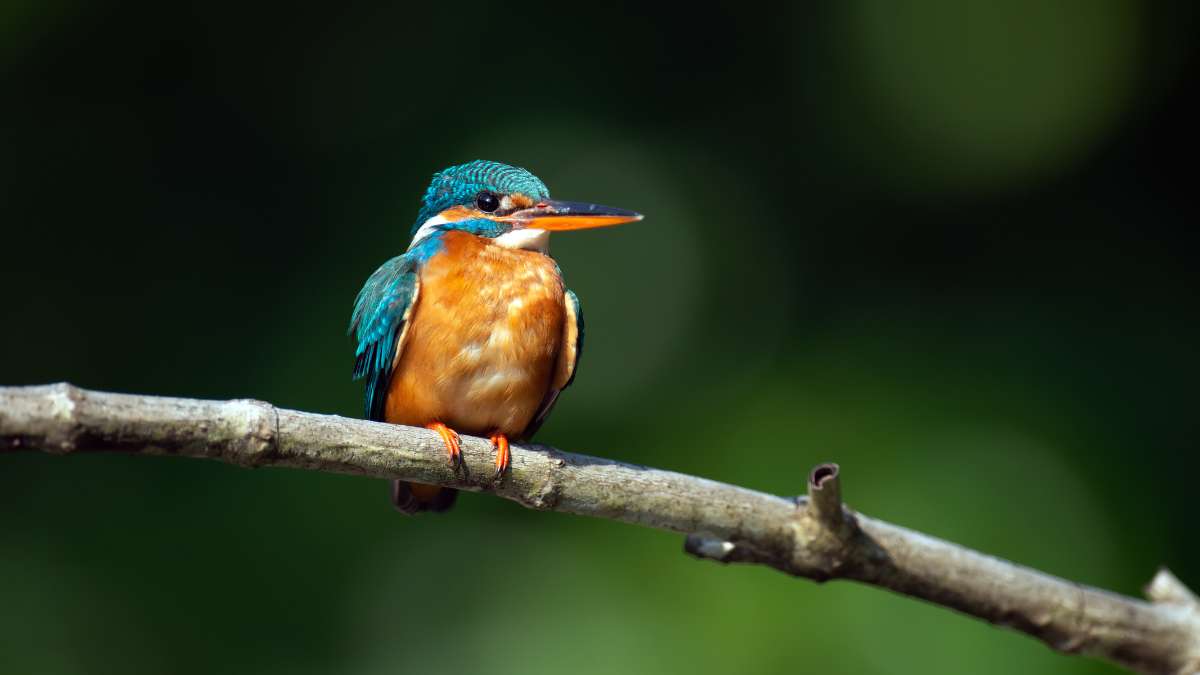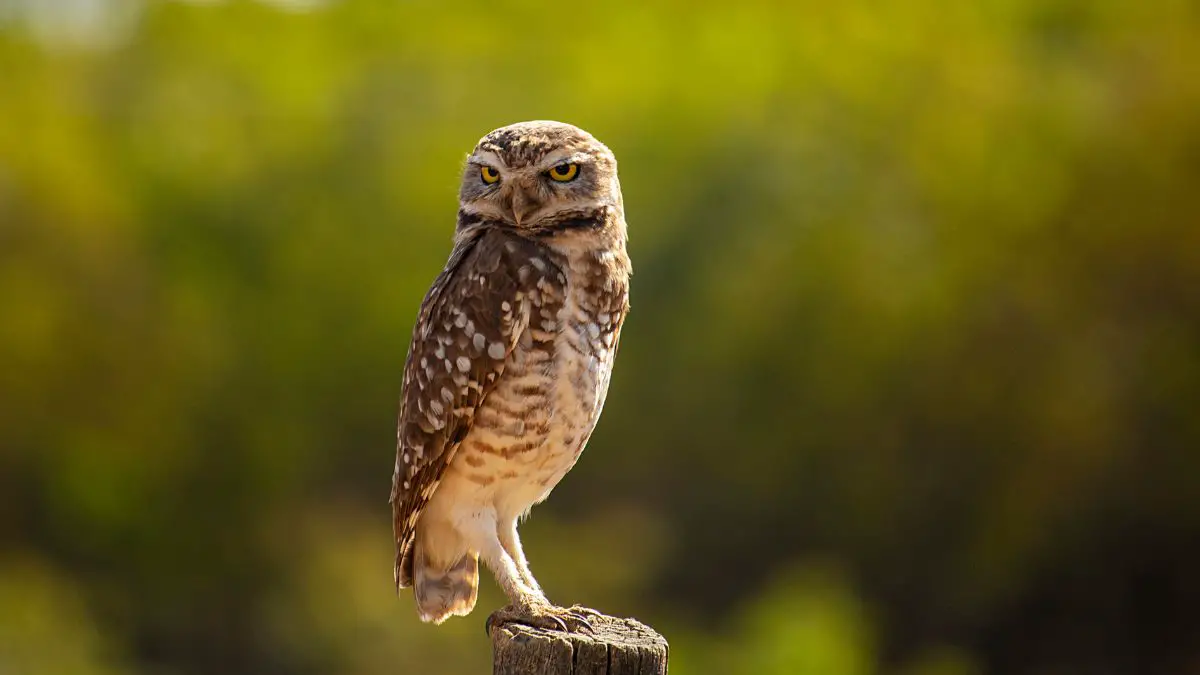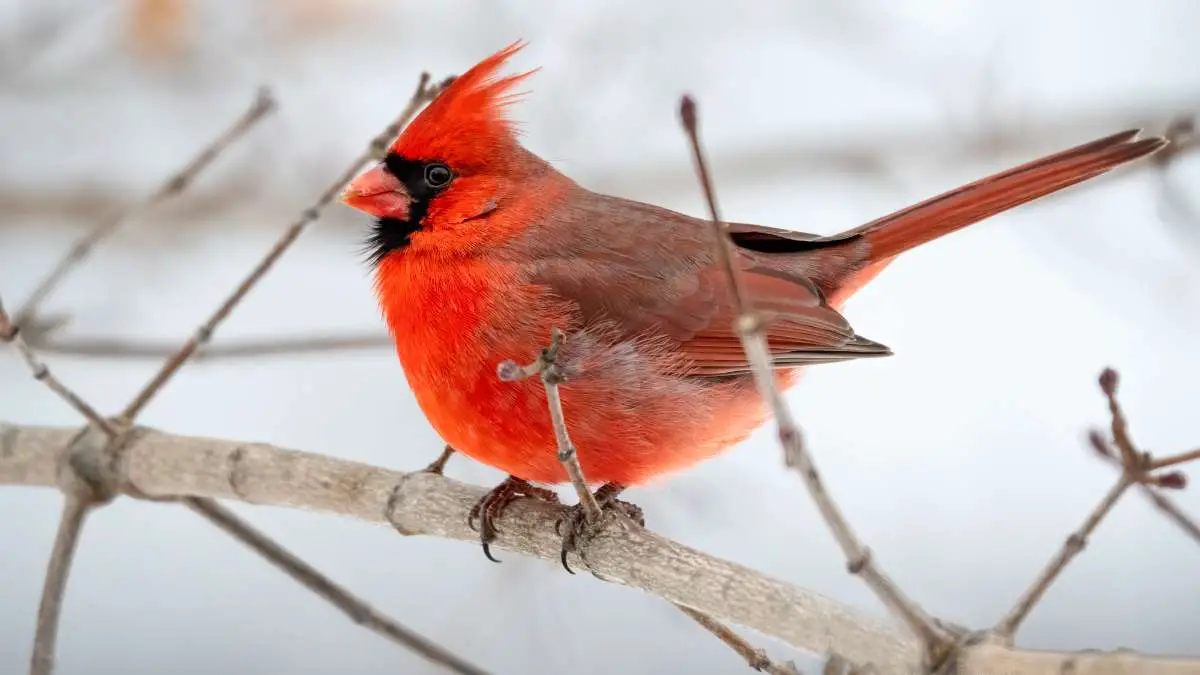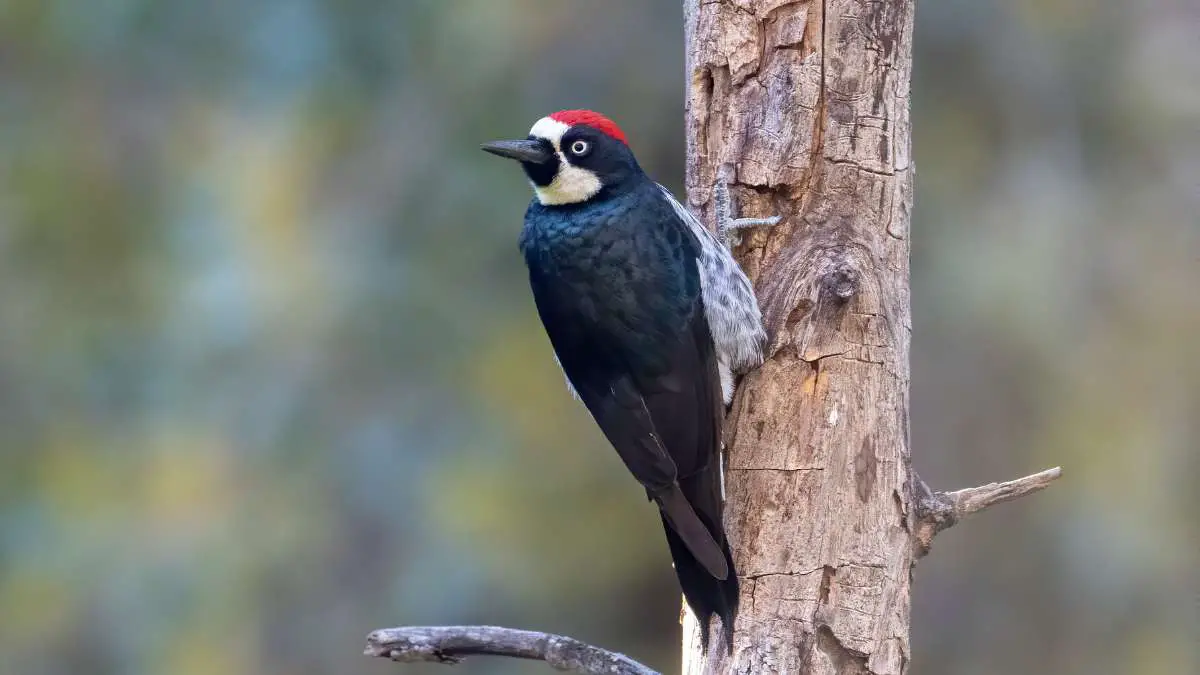Kingfishers primarily feast on fish and aquatic creatures like insects and amphibians. However, there are instances where they’ve been seen dining on other birds.
These cases are not common but have been documented in various habitats. Factors like food availability, habitat variation, and hunting techniques influence this behavior.
Kingfishers are opportunistic hunters, adapting to environmental pressures. While bird predation isn’t their main diet, it does occur, especially in certain species and circumstances.
This highlights the adaptability and diverse feeding habits of these colorful birds.
Understanding Kingfisher Behavior and Diet
What Do Kingfishers Typically Eat?
Kingfishers primarily eat fish, other aquatic animals and large land invertebrates. They are expert hunters, diving into the water to catch their prey with precision.
Apart from fish, kingfishers also consume amphibians, small reptiles and small mammals occasionally. This diverse diet showcases their adaptability and hunting prowess.
Types of Kingfishers and Their Habitats
There are various species of kingfishers found across the world, each adapted to its specific habitat.
For instance, the common kingfisher thrives near freshwater bodies like rivers, lakes, and ponds but Oriental Dwarf Kingfisher lives deep inside forests. Their diet predominantly consists of small fish and aquatic insects.
On the other hand, the belted kingfisher prefers habitats near open water, such as streams, coastlines, and estuaries. They have a broader diet, including small crustaceans, frogs, and even small birds.
In tropical regions, you might encounter the green kingfisher, often found near forested areas close to water bodies. Their diet comprises small fish, aquatic insects, and sometimes small reptiles.
These variations in habitat influence the diet of kingfishers, showcasing their ability to adapt to different environments while maintaining their status as skilled hunters.
Instances of Kingfishers Eating Other Birds
Documented Cases and Observations
Historical accounts and scientific studies have shed light on the predatory behavior of kingfishers towards other birds.
One notable observation dates back to ancient times when Greek historian Herodotus mentioned kingfishers catching and eating small birds in his writings. This early documentation hints at a long-standing predatory behavior among kingfishers.
In modern times, scientific studies and anecdotal evidence further confirm these observations. Researchers have recorded instances of kingfishers preying on birds such as sparrows, swallows, and even small pigeons.
I also have seen White-throated Kingfishers feed on sunbird species and Munia species on two occasions in Sri Lanka. Both small victims were weak due to some unknown reason and it might be a triggering point for Kingfisher to attack them.
These observations provide a clear picture of the diverse diet that kingfishers can have, extending beyond their iconic fish-catching prowess.
Factors Influencing Bird Predation
Several factors contribute to the instances of kingfishers eating other birds. One crucial factor is the availability of food sources.
While kingfishers are renowned for their fish-hunting skills, they opportunistically target small birds when fish are scarce or inaccessible. This adaptability showcases their versatile hunting behavior in response to environmental conditions.
Environmental pressures also play a role in bird predation by kingfishers. Habitat changes, competition for resources, and human disturbances can influence the availability of prey, leading kingfishers to broaden their diet to sustain themselves.
Additionally, the hunting techniques employed by kingfishers contribute to their success in catching other birds. Their swift dives, sharp beaks, and agile flight enable them to ambush and capture avian prey with remarkable precision.
Comparative Analysis
How Common is Bird Predation Among Kingfishers?
When discussing whether kingfishers eat other birds, it’s essential to consider the frequency and prevalence of this behavior.
Compared to their primary diet of fish, instances of kingfishers preying on other birds are relatively uncommon.
Statistical data shows that bird predation by kingfishers occurs sporadically and is often influenced by specific environmental factors such as food scarcity or competition.
In comparison to their consumption of fish and aquatic insects, which constitute the majority of their diet, bird predation accounts for a smaller proportion.
However, this doesn’t discount the fact that kingfishers do exhibit predatory behavior towards birds, albeit less frequently than their piscivorous habits.
Comparison with Other Bird Species
While kingfishers are known for their unique fishing techniques, they share predatory behaviors with other bird species. Raptors such as hawks and eagles are well-documented for their bird-hunting prowess, employing similar strategies of aerial ambush and swift attacks.
However, kingfishers differ in their hunting habitats and prey preferences. Unlike raptors that primarily target birds of considerable size, kingfishers typically prey on smaller avian species, taking advantage of their agility and speed during hunting.
Ecological Impact
Effects on Local Bird Populations
The question of whether kingfishers eat other birds extends beyond their dietary habits to their ecological impact.
While kingfishers primarily consume fish and aquatic insects, instances of bird predation can have localized effects on prey bird populations. Small birds targeted by kingfishers may experience fluctuations in their numbers, especially in areas where kingfisher populations are dense and prey availability is limited.
However, these effects are usually part of natural predator-prey dynamics and contribute to maintaining balance within the ecosystem.
Role of Kingfishers in Their Ecosystem
Kingfishers play a crucial role in their ecosystem as predators occupying a niche in the food chain.
They are positioned between aquatic organisms like fish and terrestrial creatures like small birds and insects. By consuming a variety of prey items, including other birds when necessary, kingfishers contribute to the regulation of prey populations and help prevent overpopulation of certain species.
Furthermore, kingfishers add to the biodiversity of their habitats. Their presence supports a diverse range of prey species and promotes ecological health by preventing the dominance of any single species.
Their behavior, especially hovering performances by Pied Kingfisher, attract many bird photographers to take a freeze-flight shot.
This biodiversity is vital for maintaining resilient and functional ecosystems capable of withstanding environmental changes.
Conclusion
In conclusion, while kingfishers are primarily known for their fish-catching prowess, instances of them eating other birds do occur, although less frequently.
This behavior reflects their adaptability and diverse diet. Understanding the rarity and significance of bird predation by kingfishers adds depth to our knowledge of avian ecology.
For further exploration, stay focus to observe such fine interactions between predator and prey in the natural world, showcasing the fascinating complexities of wildlife dynamics.




